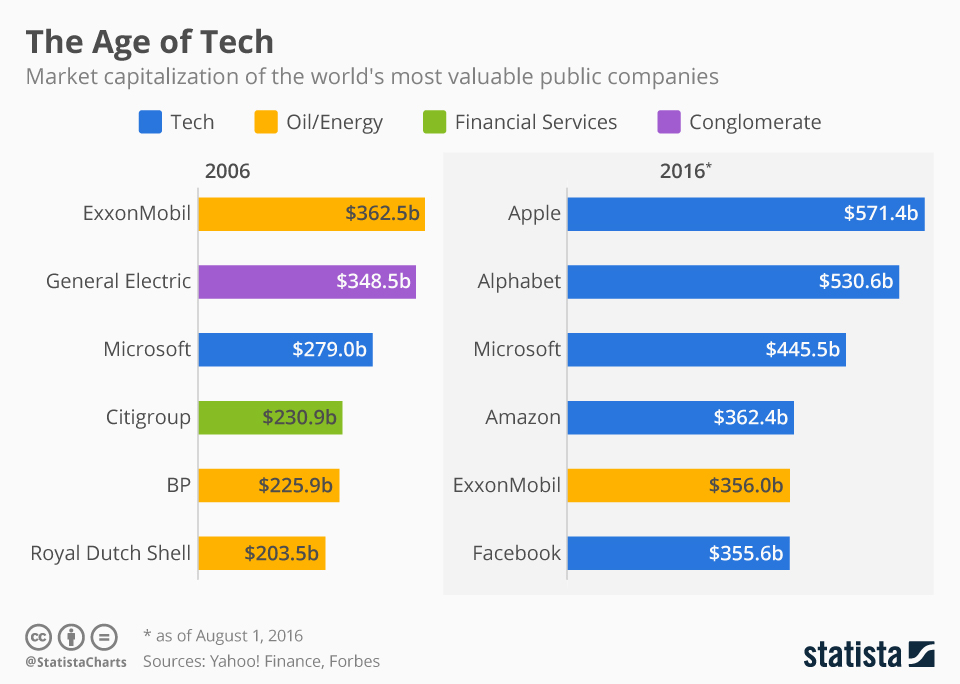Sometimes I love the Financial Times. The other day the Brexiteering MP Bernard Jenkin had a piece in the paper arguing that leaving the EU was actually a simple matter. Under the headline “There is no such thing as hard or soft Brexit Britain should look to leave the EU as swiftly and simply as possible” he wrote:
“Leaving the EU is in principle straightforward; much easier, in fact, than joining since it is not necessary to change domestic laws and regulations. All the laws and regulations that apply by virtue of Britain’s membership can remain perfectly aligned with those of the rest of the EU until they may be changed at a later date. This is how the UK gave independence to the countries of the British empire.
There are two crucial legal components of Brexit. The first is Article 50, the procedure laid down by the EU treaties by which we disapply these treaties to the UK in international law. This is implemented by an act of Parliament, which is the second component. This need be no more than a few clauses, including one to repeal the European Communities Act of 1972, which currently implements EU law into our domestic law, and another to incorporate all the EU laws that apply directly in UK law into UK statute. That is what Brexit is; there is no “hard” or “soft” option.”
There then followed a fascinating comment thread, which, as you might expect include commenters who knew a thing or two about the subject, and certainly more than the unfortunate Jenkin.
For example, this from ‘goldbug’:
“I have many, many questions for Mr Jenkin, but I will focus only on one. You suggest that repatriating the 17,000+ laws and regulations provided under the 1972 European Communities Act will be a straightforward exercise, a stroke of the Parliamentary pen. Bravo. But as I’m sure the learned gentlemen is aware, law consists not just of written law, but also of the case law developed by the courts over many years to clarify what has been written. This is a crucial element of the legal system, and these judgements are relied upon by all legal advisors and practitioners.
So might I simply enquire as to what case law will apply when the court that made these judgements – the European Court of Justice – is no longer a part of our legal system? Anyone operating under these laws or regulations will need to know. Will English courts continue to rely on decisions made by the ECJ? Until what point? And how will anyone trying to operate a business be sure whether they are protected by those decisions or not? Which court will hear any challenges to those decisions, and under what authority?
Sorry, that’s turned into five questions. Funny how these simple questions have a tendency to do that.”
Lovely stuff!

